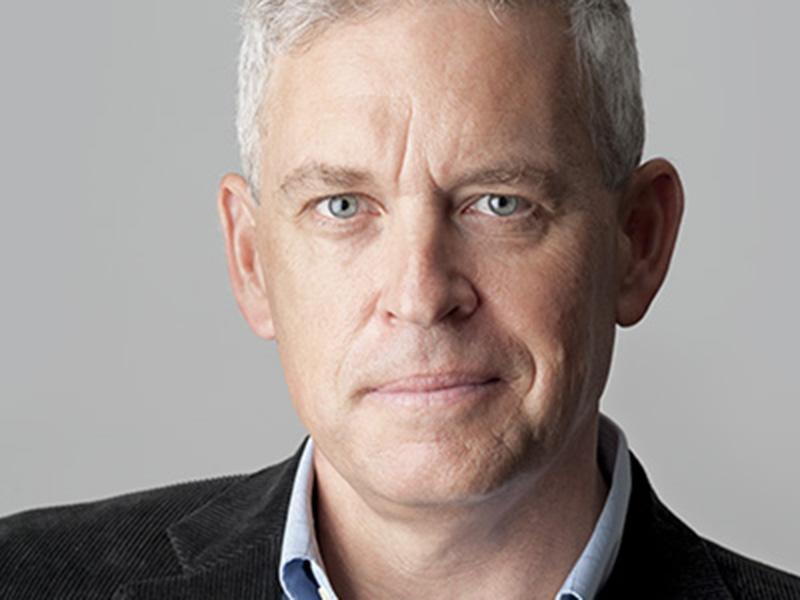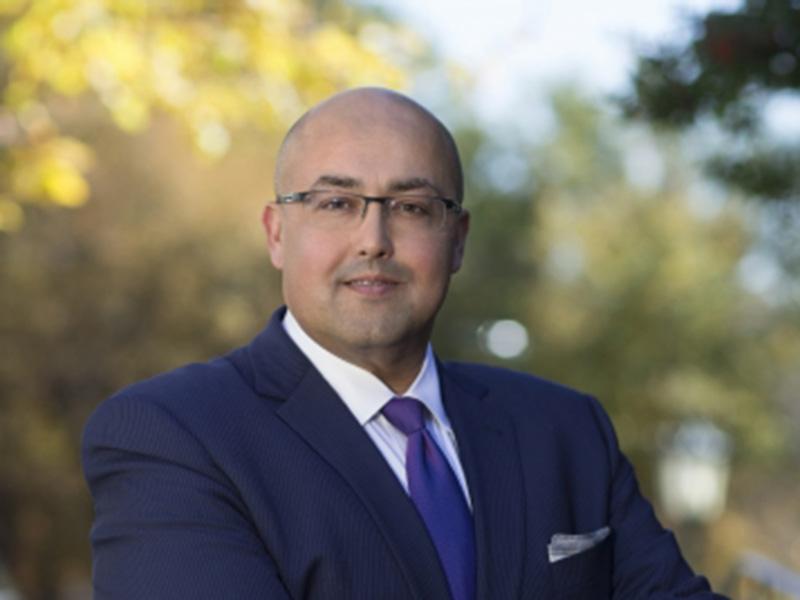“How Did We Get Here?” UVA Podcast Explores the Rise of Illiberalism

 Oleksandr_Delyk/Shutterstock.com
Oleksandr_Delyk/Shutterstock.com

Will Hitchcock, the William W. Corcoran Professor of History in UVA’s College and Graduate School of Arts & Sciences and a bestselling author, was planning a conference as a capstone to a year-long research project on the erosion of democratic norms in the United States. Just a few months before it was scheduled to begin, however, the event was cancelled during the University’s efforts to slow the spread of COVID-19.
At the same time, Siva Vaidhyanathan, UVA’s Robertson Professor of Modern Media Studies, found himself in a similar position. He had just launched The Deliberative Media Lab as part of UVA’s Democracy Initiative, and the live events and programming he had envisioned for 2020 as part of the institute’s mission were also suspended due to the pandemic.

Vaidhyanathan approached Hitchcock about a partnership, leading to Democracy in Danger, one of UVA’s newest and most ambitious podcasts. Halfway through its first season, the podcast is gaining followers among conventional podcast listeners and attracting the attention of college faculty around the country who are looking for new ways to connect with students in their virtual classrooms.
A Change of Plans
As a professor in the College’s Corcoran Department of History, Hitchcock researches and teaches the historical roots of contemporary politics.
“I believe we’re in a crisis of democracy,” Hitchcock said. “Our democracy is very unhealthy. It’s still alive, but it’s unhealthy, and its lack of vigor is something I’m really interested in. How did we get here?”
Hitchcock leads an interdisciplinary research initiative called, “Governing America in a Global Era,” or GAGE, sponsored by the College in partnership with the Jefferson Scholars Foundation. It has given him a way to bring students and faculty together to explore how anti-democratic forces gain power and why their appeal is so intense.
“The signature event of the year was going to be a conference, and the topic of that conference was going to be what people have been calling ‘illiberalism’ — the rise of illiberal democracies and the erosion of democratic norms in America and in other countries,” Hitchcock said. “We had an amazing group of people who were all lined up to come and talk about their particular area of historical knowledge.”
After the conference was cancelled, Hitchcock was trying to come up with a plan for moving forward, he said, when “Siva came to me and asked ‘Why don’t we figure out a way to digitally take this conference and do something with it?’”
Neither Hitchcock nor Vaidhyanathan had produced a podcast before, but having a list of speakers who were already primed to speak about the state of democracy today gave them enough content to plan 16 episodes of a podcast that would help them explore their shared interest in the challenges facing liberal democracies around the world.
A connection with a former colleague named Roberto Armengol, a UVA Ph.D. graduate, former College Fellow and anthropologist with experience as one of the producers of BackStory, a long-running public radio program produced in Charlottesville about current events in America, gave them the final piece of the puzzle.

“I felt confident going into podcast production with the lab that as long as Roberto was our lead producer, it was going to sound professional,” Vaidhyanathan said. “I knew I couldn’t do it myself, so hiring Roberto was high on my list of priorities when we started this process,”
With television networks struggling to offer new content in a time of social-distancing, Vaidhyanathan felt there could be a new surge of listener interest in podcasts. And in addition to reaching conventional podcast listeners, Hitchcock and Vaidhyanathan suspected there might be a new audience for the kind of podcast they had in mind.
“We knew that thousands of professors around the world were going to be teaching online and would be looking for digital content,” Vaidhyanathan said. The podcast gave them a way to bring another dimension to the online classroom experience.
“Across the University, we’re all trying to make the best out of a really difficult moment,” Vaidhyanathan added. “We’re all trying to make our course content as accessible as possible. It’s depressing not seeing our students. A lot of us do this job so we can interact with our students, and with that was taken from us, we’re all scrambling to find new ways to connect and new ways to express ourselves. And while podcasts are not new for many of us, it’s a different way of scholars doing scholarly communication, and I think it’s a really effective way.”
A Work in Progress
Both Hitchcock and Vaidhyanathan admit that creating a podcast hasn’t been easy, and one of the biggest challenges they’ve faced is trying to do the job when they can’t be in the same room together.
“Ramping up three mini studios has been a bit of a challenge,” Vaidhyanathan said. “Fortunately, Roberto talked us through that very well, and with his production skills, whatever flaws are there because we’re recording at home seem to disappear. I don’t know that listeners are going to be able to tell that we’re not in a professional studio. Even our guests sound like they’re there with us.”
A seasoned radio professional whose production team includes undergraduate interns Denzel Mitchell and Kara Peters, Armengol has been impressed with what they’ve been able to accomplish.
“Will and Siva knew each other as colleagues, but they had never done anything like this,” Armengol said. “Siva has been interviewed before, and he’s been on the radio, but they had they had not shared a host seat together, and that’s a special kind of dynamic. I was just so impressed with their ability to kind of shift modes into a radio landscape. Will has a great voice and a great presence and so does Siva, and I think their rapport with each other and their guests has improved with each episode.”
Democracy in Danger: Episode 7
Despite the logistical problems and the challenge of adapting scholarly content to a popular medium, Democracy in Danger is gaining followers. Armengol said they recently topped 2,600 downloads, and the reviews have been overwhelmingly positive. The program has also been picked up by a public radio station in Ventura, California, and they’ve been approached about joining a podcast network based at Penn State University, a step they’ll take as they begin their second season later this year. Faculty at other universities have asked about incorporating the podcasts into their own courses.
“I don’t expect that we’re going to have 100,000 subscribers,” Vaidhyanathan said. “I would love it, but I do expect we will have several hundred professors using the podcasts in classes, and I hope there will be at least several thousand other people listening who are just interested in understanding how the world got where it is right now.”
Episode eight of Democracy in Danger airs this week and examines global far-right movements in Europe with Cynthia Miller-Idriss, a professor of sociology and education, an expert on white-supremacist extremism in youth culture and director of the Polarization and Extremism Research and Innovation Lab at American University. Future episodes will lead up the November election, covering topics such as the police and militias, voter suppression, political rhetoric, and academic freedom.
Democracy in Danger can be found on all major podcasting platforms, including Apple Podcasts, Spotify and Stitcher and on the Democracy in Danger website.




